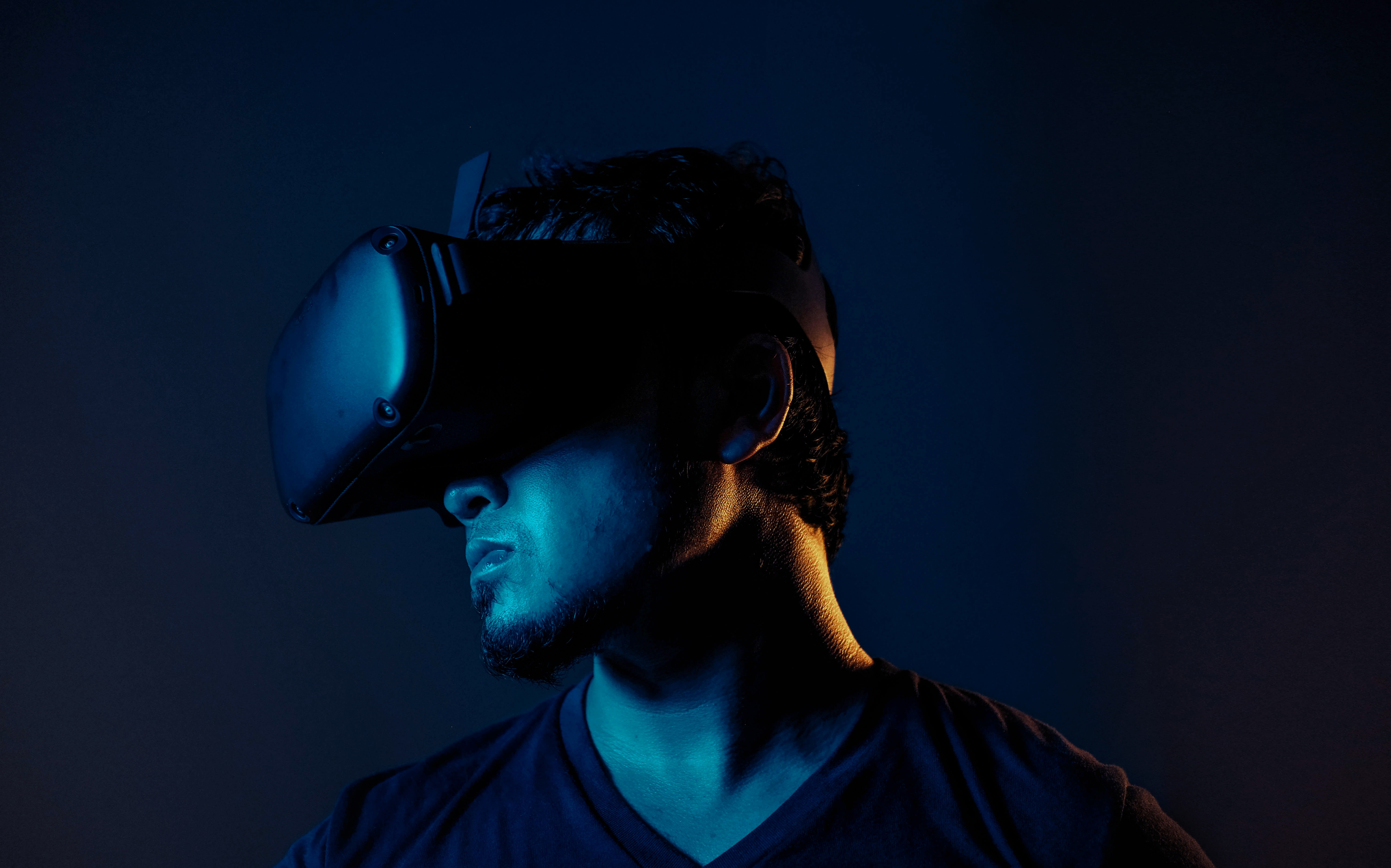3 min read

Are the days of Mad Men and single “big idea” creative campaigns long gone? Definitely not.
Ideas still drive our industry. They still have the power to change the game for brands and impact our lives, sparking something we like to call “cultural moments”.
A very obvious – if extremely untimely – example of this is Christmas. Look at the excitement around the adverts: from anticipating John Lewis’ next move, to not putting the tree up until the Coca-Cola lorries have been on screen. And these Christmas ads have become part of the commercial Christmas experience: we cry or laugh watching them on TV, we track the spoofs, and we see how competitors react.
There may still be seven months until Christmas comes back around, but it’s the best example of a cultural moment that refuses to disappear. What has changed is that they can’t be limited to a 30-second TV ad any more.
Is pure data-driven marketing the answer? Is AI replacing the creative spark?
McCann Japan has been trying to prove that yes, it is. Their team mapped and tagged thousands of TV ads, so that the AI-based Creative Director they created can find the best way to answer a brief through data mining. But while it beat a human-made ad in direct competition, the results haven’t proven themselves to be long-term yet – though I’m not holding my breath.
That’s because AI only uses historic data to find the best solution. It can’t push boundaries and create something brand new (for the time being, at least).
What’s the compromise? Where’s the fight?
The big question is whether agencies will be creatively/culturally-driven, or data-driven. I believe that the best outcomes will come from a combination.
This isn’t me sitting on the fence. It’s just that one can’t succeed without the other. It’s what MOI have already been working towards over the last few years, and that’s why I joined them.
Today’s world is full of data. We all know it, we all see it – and nobody makes the best use of it yet. But data-mining the important information to find the most appealing insights can spark the “big idea” that will resonate with our audiences.
This split between data and creativity doesn’t help us navigate the world of marketing we’re in now. It limits human creativity and the role an agency can play in today’s world.
While we agree that agencies need to create culture, we often disagree on how it’s created. Is it through storytelling? That’s certainly one way. But it can also be created by a brand behaving in a unique way every time it interacts with people. Does Spotify create culture with its inspiring playlists? The answer is, unequivocally, yes. Culture is expressed through every aspect of the experience.
And with that definition of culture, I believe agencies must expand their roles. This means being comfortable with everything from brand storytelling and mastering data, to using technology such as marketing automation and personalisation engines.
Most touchpoints, for a majority of B2B brands, are digital. And like it or not, making these touchpoints work in a way that better expresses the brand, or the solution it’s offering, means mastering the entire range of data-centred skills. That’s especially important if it’s going to support the creation of culture, but it can’t just be in a trivial “target Message A to Customer B” way.
Modern B2B marketing is all about combining a data-driven, scientific approach to human creativity. It’s what MOI excels at, so please get in touch if you want to take the same approach when speaking to your audience.
Related content









